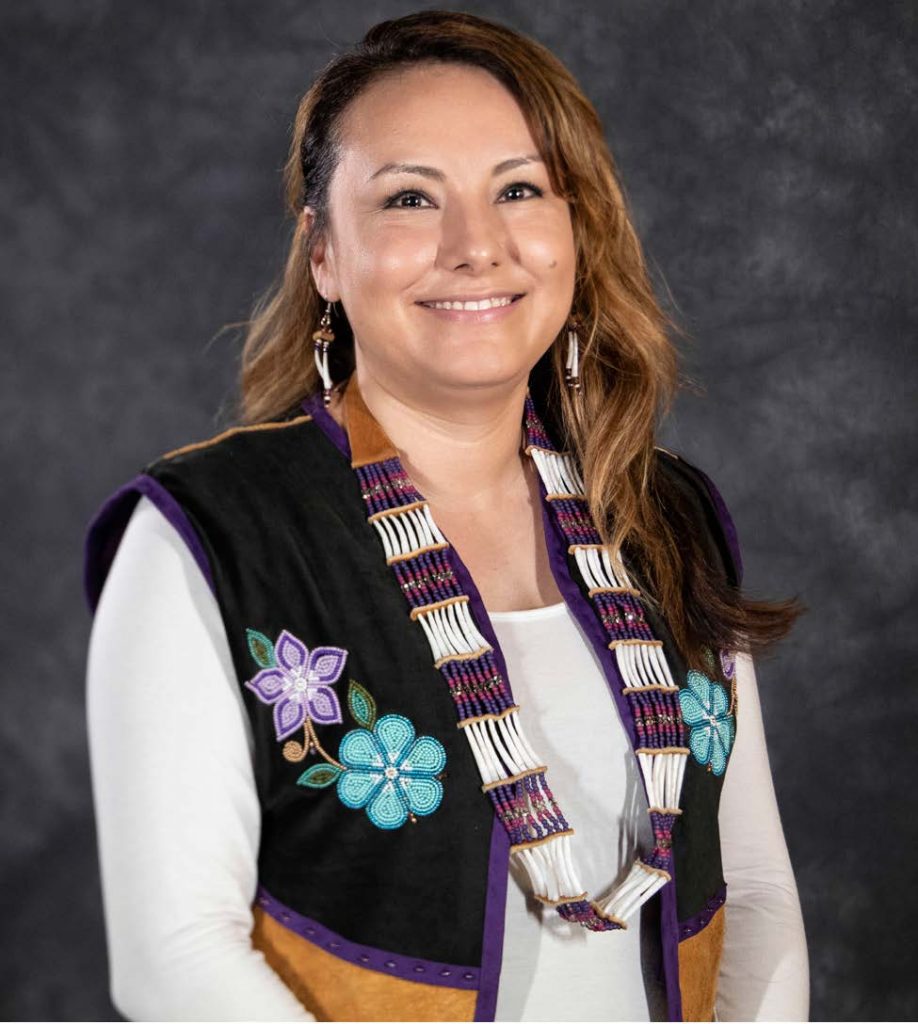Friday Focus: Reflecting on ANCSA

Charlene Stern is the vice chancellor for rural, community and Native education.
April 22, 2022
— By Charlene Stern, vice chancellor for rural, community and Native education
Last week, ²ÝÁñÉçÇø co-hosted a symposium with Doyon Limited which focused on the past, present and future of the ²ÝÁñÉçÇø Native Claims Settlement Act. Passed by Congress in 1971, ANCSA extinguished aboriginal title in ²ÝÁñÉçÇø in exchange for the retainment of 44 million acres to be held in corporate ownership through newly established regional and village ²ÝÁñÉçÇø Native corporations. It also included $962.5 million in compensation for land lost in the settlement agreement. Fifty years later, those ²ÝÁñÉçÇø Native corporations have contributed billions of dollars to ²ÝÁñÉçÇø’s economy and employ a workforce of 16,000 ²ÝÁñÉçÇøns and more than 57,000 employees worldwide.
The symposium featured multiple panel presentations focused around the themes of land management, policy, and economic development. ²ÝÁñÉçÇø Native leaders from across the state participated in the event, contributing their vast knowledge on ANCSA-related issues. The keynote address was delivered by Anthony Mallott, president and CEO of Sealaska, an ANCSA corporation based in southeast ²ÝÁñÉçÇø. Mallott shared Sealaska’s journey to learn and adapt to the for-profit business model of a corporation. Other speakers echoed similar stories of the early years post-ANCSA and the challenges that traditional leaders faced in navigating these new Western corporate models. Through much trial and error, ANCs have persisted over the past five decades with many dominating the ²ÝÁñÉçÇø Business Magazine’s Top 49ers year after year for gross revenue performance.
As part of the symposium, Doyon sponsored an evening reception which also served as a fundraiser for the future Troth Yeddha’ Indigenous Studies Center, ²ÝÁñÉçÇø’s No. 1 capital priority. Named after the wild potato plant that was traditionally harvested by Interior tribes along the ridge that ²ÝÁñÉçÇø’s main campus currently resides on, the Troth Yeddha’ Indigenous Studies Center will be key to achieving ²ÝÁñÉçÇø’s goal of becoming a global leader in ²ÝÁñÉçÇø Native and Indigenous Studies. The facility will serve as the future home of the College of Rural and Community Development, including the ²ÝÁñÉçÇø Native Language Center, the Rural ²ÝÁñÉçÇø Honors Institute and academic programs such as Indigenous Studies, Tribal Governance, and ²ÝÁñÉçÇø Native Studies and Rural Development. The facility will also feature innovative programming that perpetuates ²ÝÁñÉçÇø Native arts and culture as well as research that elevates and integrates Indigenous knowledge in Arctic research. During the reception, Kinross ²ÝÁñÉçÇø presented ²ÝÁñÉçÇø with a generous donation of $1 million to support the Troth Yeddha’ Indigenous Studies Center. We are incredibly thankful to Kinross for believing and investing in the vision for this facility and all that it will contribute to our university, state and nation.
We look forward to the next 50 years of growing and expanding ²ÝÁñÉçÇø Native and Indigenous programming at ²ÝÁñÉçÇø and beyond!
Friday Focus is written by a different member of ²ÝÁñÉçÇø’s leadership team every week.


